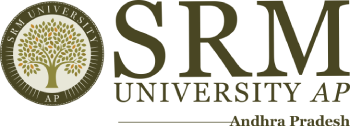ESLA
Department of History
Research Areas
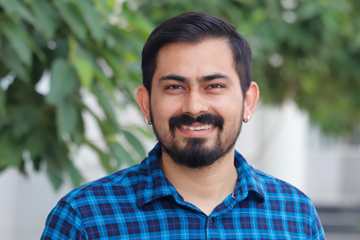
Dr Maanvender Singh
"My research interrogates the judicial and constitutional epistemology of caste and carelessness before the implementation of the Mandal Commission Report, 1990. It also engages with the historical and philosophical foundation of the political discourse on caste and classlessness by locating a critique of modern-secular political discourse, which created a vital space for making wide-reaching claims over the idea of citizenship, equality, and justice. One of the key focus areas of my work is how the law operates as a discursive practice and as a text, where the legal application of logic is grounded in socially constructed narratives."
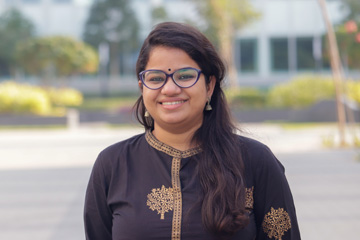
Dr Megha Yadav
"My research delves into the dynamics of religious processes during the Early Medieval Period of Indian History. Specifically, it explores the evolution of Buddhism through an examination of its textual and visual landscapes. Thereby, enquiring into the complexities of religious boundaries, interactions, exchanges, assimilations, and conflicts. A significant aspect of these inquiries is the scrutiny of gender relations, both in terms of societal practices and within mythological narratives. Furthermore, the investigation extends to the formation of Tibetan Buddhism, probing into the methods of transmission, modes of acceptance, and the interactive processes between Buddhists and non-Buddhist Tibetan traditions."
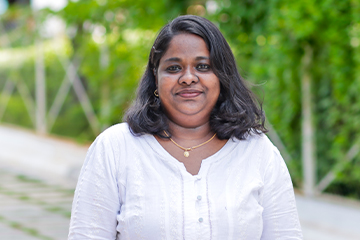
Dr Lekshmi Chandran
"My area of specialisation is the social history of pre-colonial Kerala (which includes certain parts of the present-day state of Tamilnadu). The focus is on the everyday lives of the people in the region during pre-colonial times, to be specific familial relationships and the structure of households, both patrilineal and matrilineal. Thereby understanding the gender relations in society, how these are represented in the literary traditions, and the transformation and continuity of social institutions such as kinship and marriage practices in the region between the 9th to 17th Centuries."
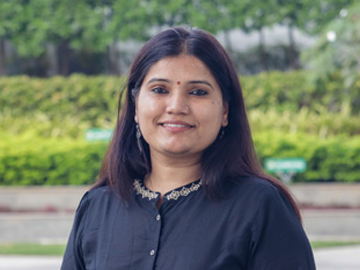
Dr Aqsa Agha
"I have worked on the larger process of political transition in Eighteenth-Century India, with an emphasis on legitimacy, political culture, and gender relations in the state of Awadh. I have explored the harem as a crucible for a political transition in Awadh. Besides teaching and researching history, I am also interested in community engagement, observing, analysing and documenting processes at the grassroots using the Participatory Research method. My broader research interest lies in historical processes and their impact on the social locations of class, caste, and gender."
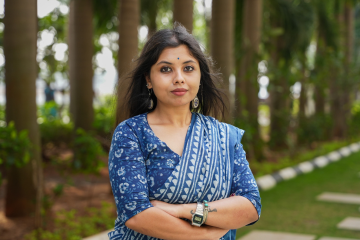
Dr Manaswini Sen
"My research focuses on the history of modern South and Southeast Asia from the perspective of Global Intellectual History. By delving into the nuances of popular trade union politics in late colonial India, the cardinal objective is to devise possible heuristic methods in doing "Intellectual History from Below." It is an endeavor to trace the changing trajectories of decolonial epistemological traditions of the Global South. My other research interests straddle the fields of Labor History, History of Empire, Urban History,Transcontinental History, the Indian Ocean World, and the History of Surveillance. Given my ancillary discursive interests in literature and philosophy, I have adopted an interdisciplinary approach to both teaching and researching history. In extension, my research is located in the intersection and interstices of class, caste, community, religion, and gender. Hence, my goal is to assess the contemporary institutions of governance and control of the Global South in the light of the imperial past, aiding in better contextualization and comprehension of the present predicaments."
